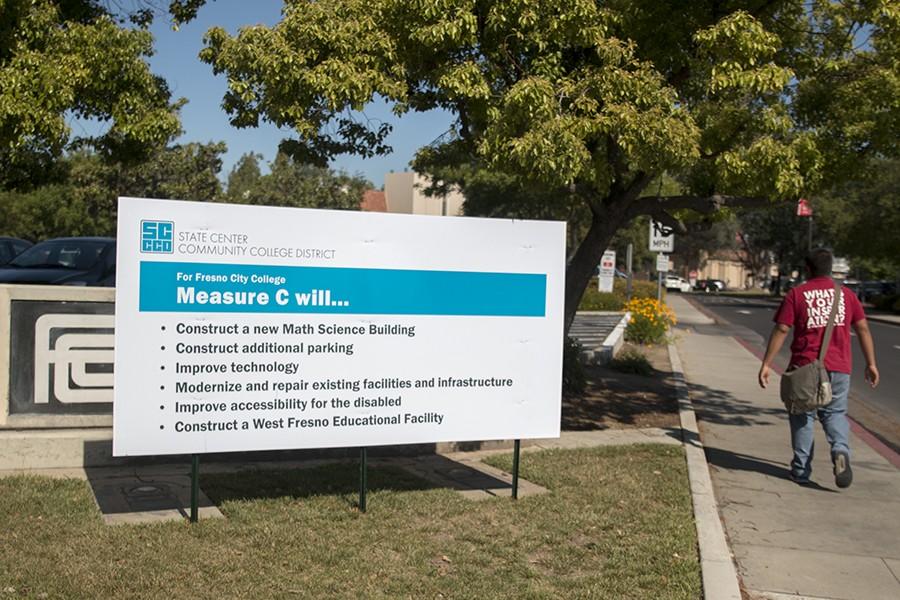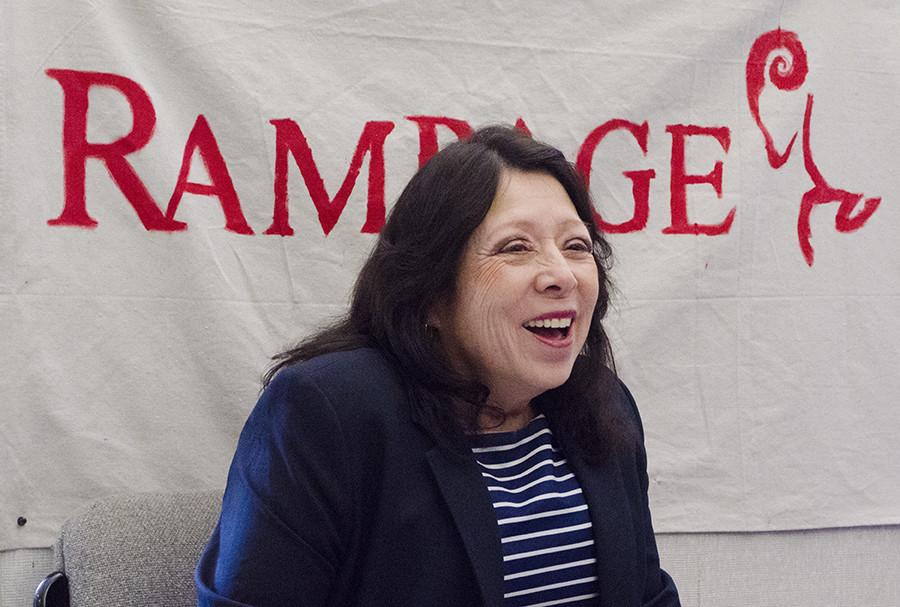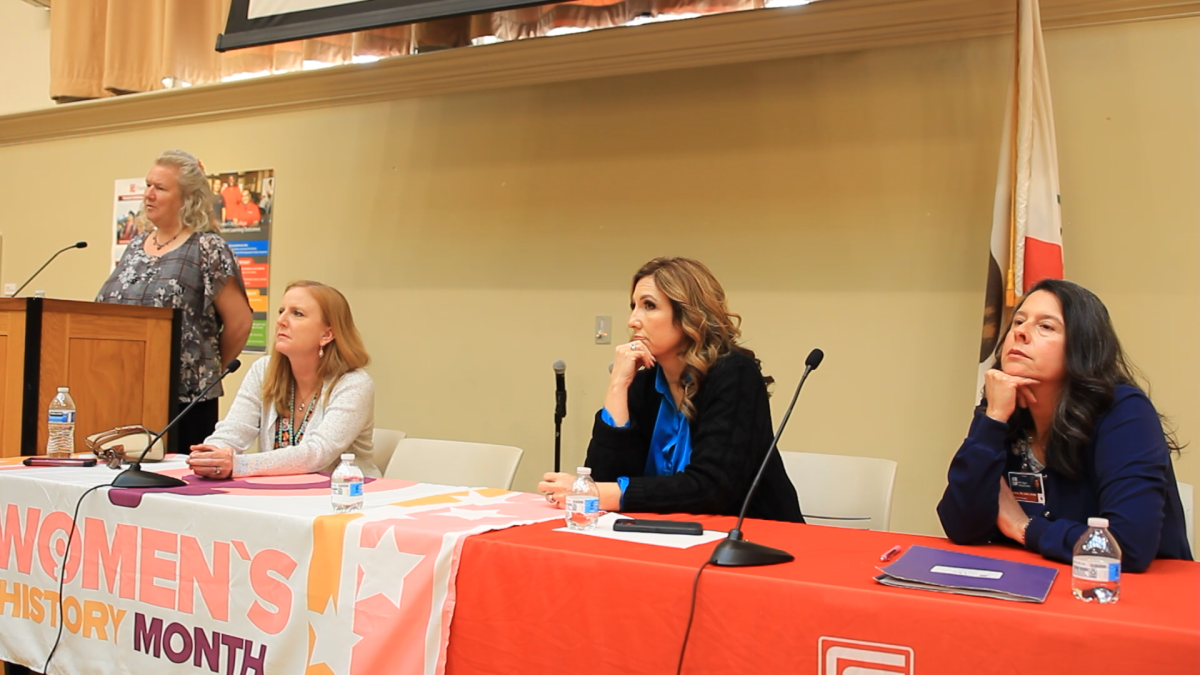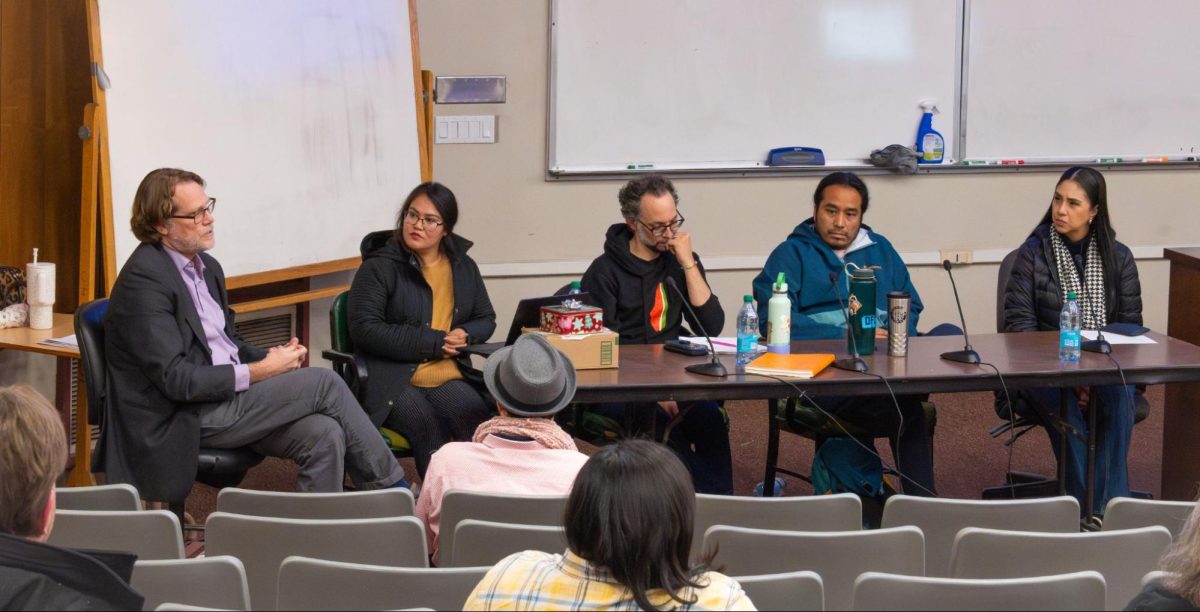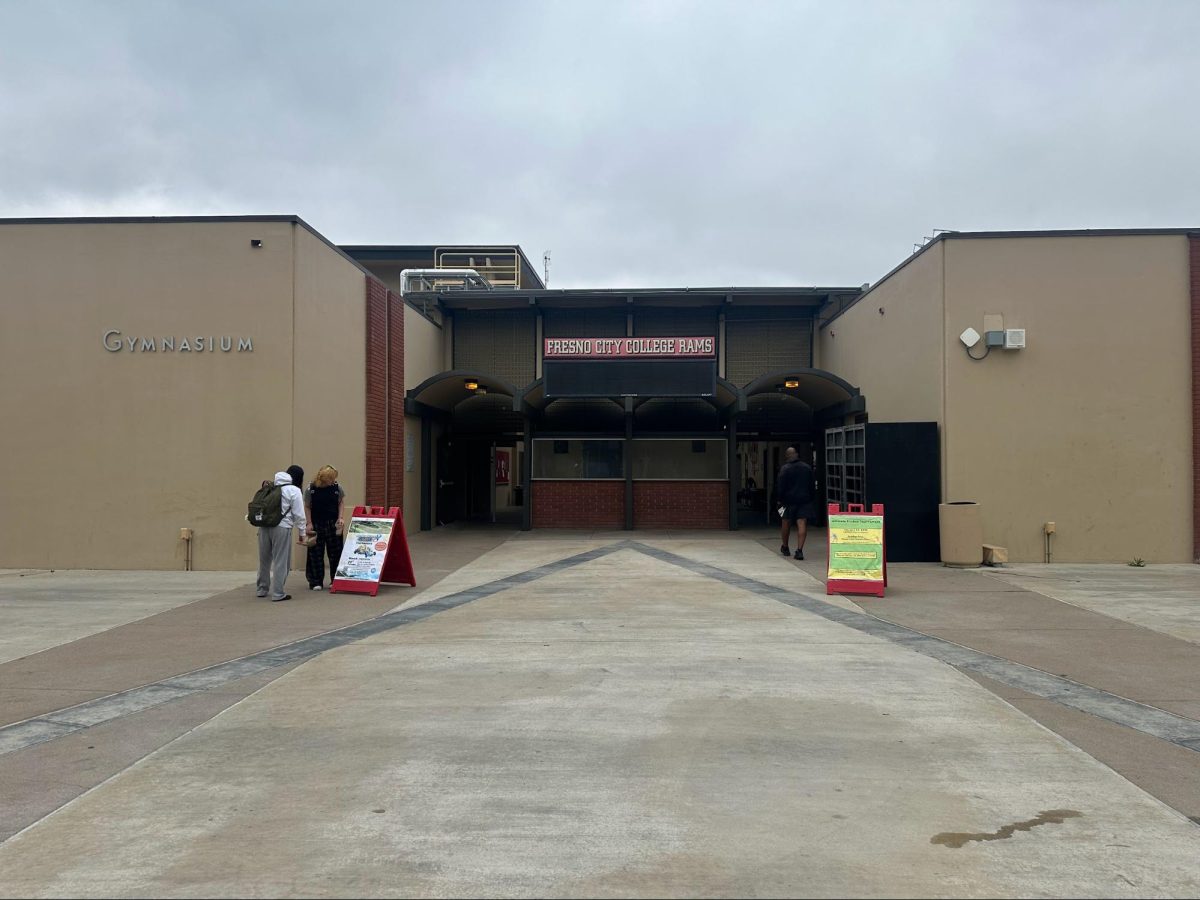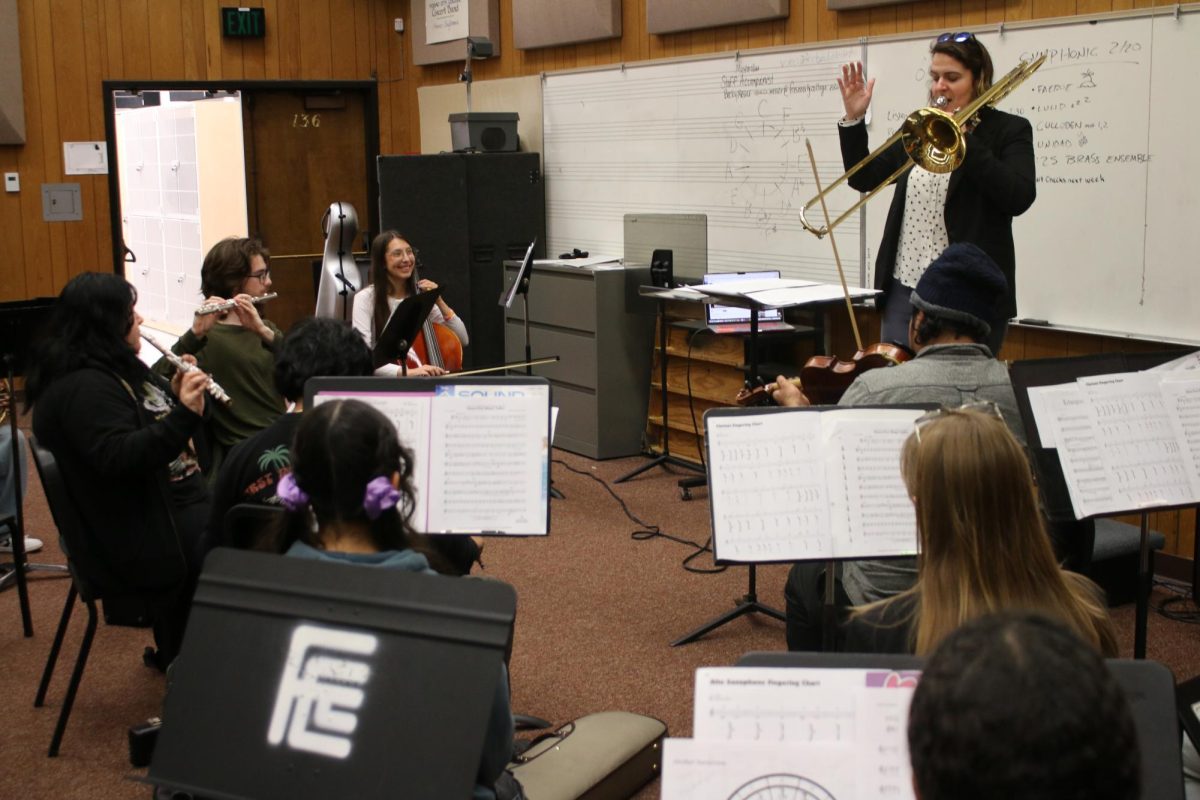The educational system scored a victory on Nov. 6 as Proposition 30 passed with 54 percent of the votes cast. What does this mean for the educational system and particularly, what does this mean for California community colleges?
This initiative, according to California Community Colleges Chancellor Brice Harris, will bring in $210 million in additional funding for the community college system. That money will go toward deferrals and creating more access to education.
“That money will be used to make good on some of the commitments of funding that the state has deferred over the past several years, but it also will add a modest amount of dollars to open up access for about another 20,000 students statewide,” said Harris.
Harris also said that this proposition will put an end to students being turned away and help to promote education restoration.
“Over the last four years, we have seen nearly a half million students turned away from this system and the success of Proposition 30 will put an end to that and begin to help us restore that,” said Harris.
This victory though can be attributed to voters whose support Harris said pulled Proposition 30 through.
“We are pleased that the voters of California have been very supportive of their community colleges and of education in general, and we’re looking forward to adding back classes and serving our students,” Harris said.
Harris however said that even though this proposition passed, the budget will not be returned its pre-recession state. It will only stabilize the current situation.
“This success will stabilize the funding for California’s community colleges in the next couple of years. It certainly will not bring the system back to pre-recession levels but it does get the state’s commitment to higher education and specifically to community colleges headed in the right direction,” said Harris.
During his campaign for Proposition 30, Gov. Jerry Brown said that it was for the future of California.
“It’s not about me. It’s not about the legislature. It’s about the kids, students and the future of our state,” Brown said.
Fresno City College President Tony Cantu explained that the proposition’s passage means the college will continue in its mission of preparing students for transfer or the workplace.
“If we are going to continue to have an impact on the economy and the region, we need to continue to offer students those options that they so desperately need, not only to prepare themselves to transfer but also to prepare themselves for the workforce,” said Cantu.
The passage of Proposition 30 ensures that this will be possible. The generation of funds will stop the cuts, balance the budget and make sure that students have access to the education that they need for a successful future.
Cantu also says that the impact of this proposition lies in the offering of classes, “the addition of classes to the spring semester and an increased number of classes in the summer.”
Echoing Cantu’s sentiment is Los Angeles Community College District Chancellor, Daniel LaVista.
“In this economy, our citizens look to their local community colleges for a way to a better life, a life of learning and a greater chance at success,” LaVista said. “We can now serve more people who want to realize their educational goals and achieve more. We have a little more room and will have more resources now to help those who start on an educational journey, or want to retrain for the jobs of tomorrow.”
Contra Costa Community Colleges District Chancellor Helen Benjamin said that the funding for California’s community colleges will ensure that vital services such as training of the firefighters, police, emergency medical technicians and nurses will not be impacted in the future. She added that community colleges are the avenues toward jobs and a more stable economy.
“Our state’s businesses are constantly looking for well-trained employees to hire, and the community colleges provide them,” Benjamin said. “Those businesses will be able to find the employees they need, and that only helps our economy.”


